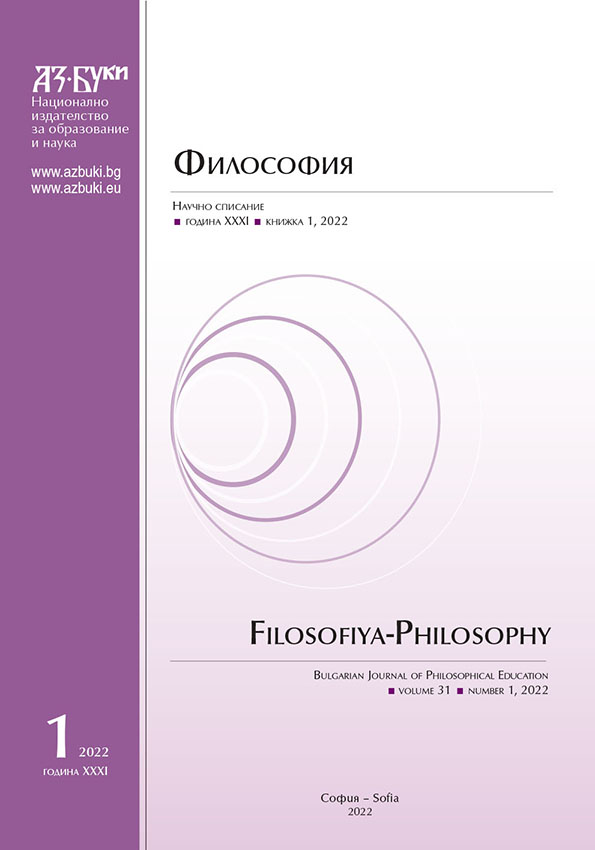Връзки на заучената безпомощност и самосаботирането с психичното благополучие
Effects of Learned Helplessness and Self-handicapping on Flourishing
Author(s): Margarita BakrachevaSubject(s): Philosophy, Social Sciences, Education, Psychology, Special Branches of Philosophy, Sociology, Philosophy of Mind, Vocational Education, Personality Psychology, Psychology of Self, Psychoanalysis, Crowd Psychology: Mass phenomena and political interactions, Identity of Collectives
Published by: Национално издателство за образование и наука „Аз-буки“
Keywords: learned helplessness; self-handicapping; mindfulness; well being
Summary/Abstract: Learned helplessness and self-handicapping are considered self-defenses in situations of perceived lack of control аnd insecurity. The research purpose was to study their effect on well-being. 325 respondents of the convenient sample completed seven scales: on learned helplessness, self-handicapping, self-esteem, life meaning, mindfulness, optimism, and flourishing. Results reveal that flourishing decreases in result of self-handicapping, but this effect is fully mediated by the lack of perceived control and self-esteem and partially mediated by life meaning and the mindfulness. Learned helplessness also reduces experienced well-being, but this effect is fully mediated by self-esteem and partially mediated by and optimism, life meaning, and mindfulness. This suggests that learned helplessness and self-handicapping can be considered reactive or preventive situational responses, mediated by self-esteem, optimism and active reflection of situations and opportunities, and life meaning, being pathways, counter-balancing self-defenses.
Journal: Философия
- Issue Year: 31/2022
- Issue No: 1
- Page Range: 81-93
- Page Count: 13
- Language: Bulgarian

